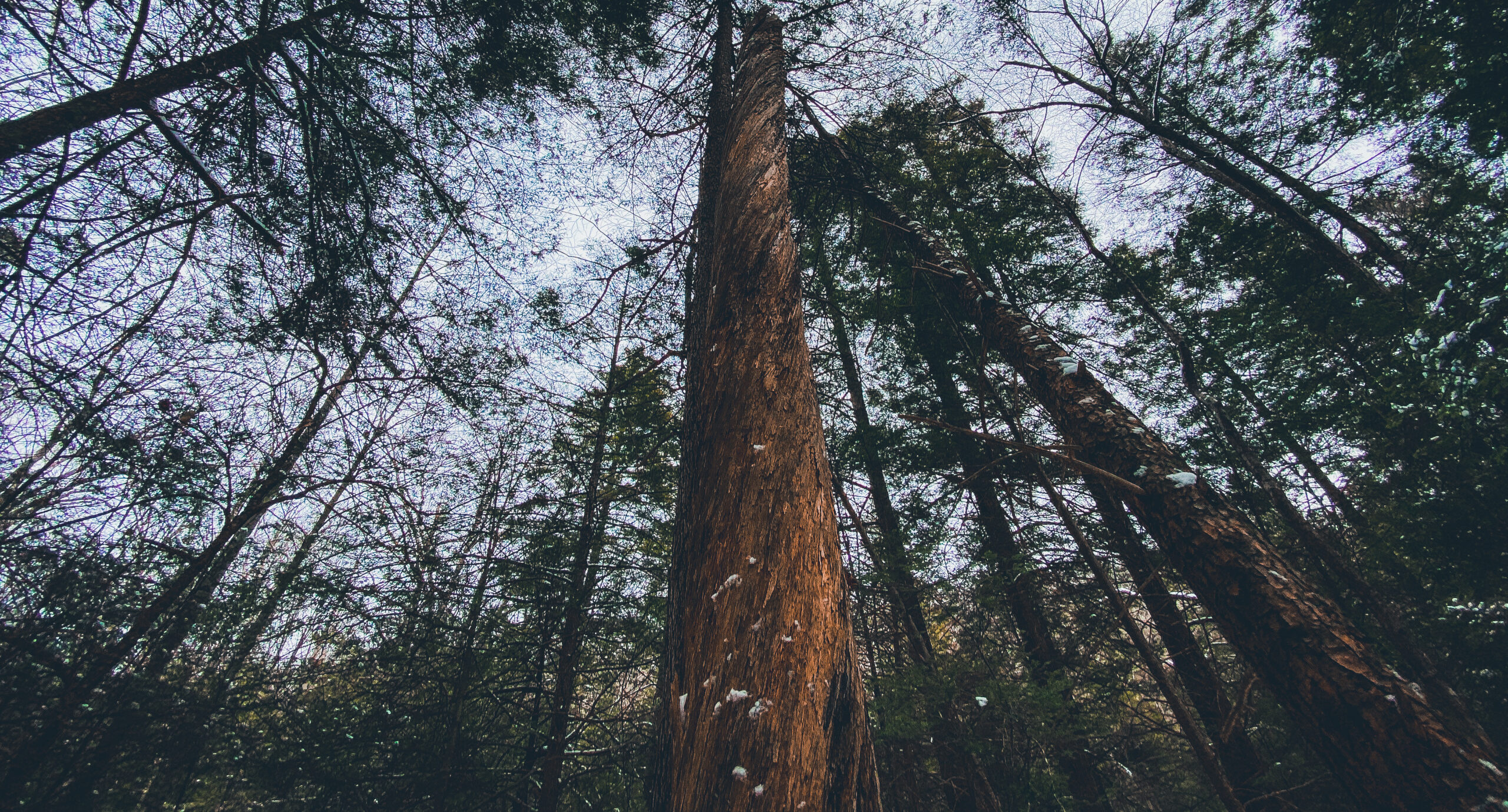I can’t remember a time when our lives have been so uncertain. We really don’t know what the future holds. Will a relative’s wedding plans for the fall still take place? Will we be able to go to Mountaineers football games this fall? Will people still be getting the virus? (My guess is that they will). Crazy, unpredictable times.
What, you may ask, does this have to do with the outdoors, or hunting? Bear with me a minute. Hunting has many values. One obvious value hunters get from hunting is the meat. Those opposed to hunting state that we don’t need to eat wild game anymore. However, researchers have shown that the Paleolithic diet of wild game, fruit and vegetables is very healthy. Wild game is low in fat, high in omega-3-fatty acids and has other positive qualities recognized by doctors throughout the country.
There are also many “hidden” values of hunting, values not often discussed or noted in the printed word. Hunting teaches us to share, builds character, teaches self-esteem and gives certainty to our lives. In these uncertain times, I want to spend some time talking about how hunters and other outdoor enthusiasts can find certainty in the woods.
For some of us, hunting puts balance in our lives and the woods gives our life meaning. Though foreign to many people today, the woods are not foreign to hunters. We feel good and secure there. Here’s an example. Of the following two, which one is the most comfortable spending the night alone in the woods? A 15-year-old boy or girl who has hunted since the age of 12, or a 15-year-old boy or girl who lives in a large city and has never been to the woods except to walk a city trail near his/her home?
Moving on. Life is certain in the woods. Even though many things are uncertain, you can still find certainty in the woods. Bucks always rut in November. Squirrels always store nuts in the fall. The leaves always turn color in the fall. There are no exceptions. Come to the woods and your life will have certainties society cannot begin to give you. The woods have always been that way. In one of his interesting papers, “Values Deep in the Woods,” Dr. Holmes Rolston noted: “Humans go outdoors for the repair of what happens indoors, but they also go outdoors because they seek something greater than can be found indoorscontact with the natural certainties.”
The message is clear and historic. Come to the woods and your life will have certainties human society can’t provide. It fulfills a need. Dr. James Swan, a bowhunting friend, author and Hollywood actor, wrote that without the woods, modern human lives are out of balance. Hunters have always known the woods are special. They hunt in certain locations because they have special meaning, and they go there year after year, even if wildlife populations have changed. I like what James wrote, and believe the woods do give our lives balance. And I also have experienced special places that do just that.
From 1968-80, I hunted one such location around 20 miles from home. Late afternoon, after work, I’d rush to that location, climb into my tree stand for an evening’s bow hunt. It was a neat spot; only 200 yards off a dirt road, in big timber along a stream bottom near some impenetrable cover. It was very rare to see another person there, even during hunting season.
Over the years, that spot brought me some of my best hunting memories. There was the six-point albino buck that I saw there twice during one bow season. A local farm boy harvested that buck later in the year. At the base of that same tree stand, I watched my father shoot his last deer at age 75. His eye sight was wavering due to cataracts, but I sat beside him and pointed out the buck on that cold November morning. The shot was close, and true.
As we left the woods that morning, we both knew that was his last hunt. It was a special time for me. My father taking me hunting when I was a kid led me into a life time of wildlife management and outdoor writing. It was the hunting experience he made possible that led me to become a wildlife biologist and teacher. It also led my twin brother into the same career.
Time has since changed that hunting spot. The farm became more developed, and more and more people used the area. It wasn’t the same, and there were better places to deer hunt. But for several years, I continued to go to that location, just because it had special meaning to me. Although I do not hunt there any more, I still think about that spot. I remember the tree, the stream, the rutting scrape made there each year by bucks. Last year, I drove to that hollow and walked into the spot I’d hunted for so many years … just to visit it again. It wasn’t hunting season; just a time and place to remember.
And I’m certain that if I return there this fall, squirrels will be gathering nuts, bucks will be making scrapes near my old stand and rubbing trees there as part of their rutting ritual. Virus or no virus, I’m certain those things will be happening.
Dr. Samuel is a retired wildlife professor from West Virginia University. His outdoor columns have appeared, and continue to appear, in Bowhunter magazine and the Whitetail Journal. If you have questions or comments on wildlife and conservation issues, email him at drdave4@comcast.net.




